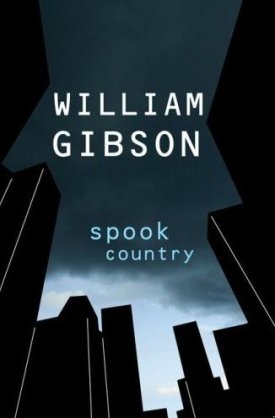Esse post do Boing Boing reporta uma entrevista com o escritor cyberpunk William Gibson na ocasião do lançamento de seu novo livro. A entrevista mostra como a sua máxima “eu faço uma caricatura do presente” está mais forte do que nunca no seu novo livro “Spook Country”. A entrevista vem da Futurismic.

“William Gibson explains why science fiction is about the present
William Gibson did a wonderful interview with the College Crier Online, talking about his forthcoming novel Spook Country, a science fiction novel set one year in the past. In Spook Country, Gibson finds the pure expression of the science fiction writer’s art: to write about the present day through the veil of technology and speculation. Spook Country is a magnificent novel about the leftover spies sloshing around after the Cold War, about locative artists, and about celebrity. I ended up sitting in a blisteringly hot car in a parking garage for an hour while I finished the last 70 pages, transfixed until I found out how it all ended.
I love the idea of science fiction turning its lens on the present, of finding the same frisson of futuristic speculation in looking around at the contemporary world. Gibson’s insights on the subject are laser-focused, as his commentary on film adaptations of literature and several other subjects.
TVP: But having said that, isn’t it a bit uncanny that all of the dystopian texts of science-fiction appear to be aiming at the present that we’re experiencing right now?
WG: Well, I would find that spookier if I had been believing all along that those sort of dystopian themes in science fiction were about some sort of vision of the future. I think they were actually like being perceived in the past when that stuff was being written. 1984 is a powerful book precisely because Orwell didn’t have to make a lot of shit up. He had Nazi Germany and the Soviet Union under Stalin as models for what he was doing. He only had to dress it up a little bit, sort of pile it up in a certain way to say, “this is the future.” But the reason it’s powerful is that it resonates of history. It doesn’t resonate back from the future, it resonates out of modern history. And the power with which it resonates is directly contingent on the sort of point-for-point mimesis, like sort of point-for-point realism, in terms of what we know happened. ”
